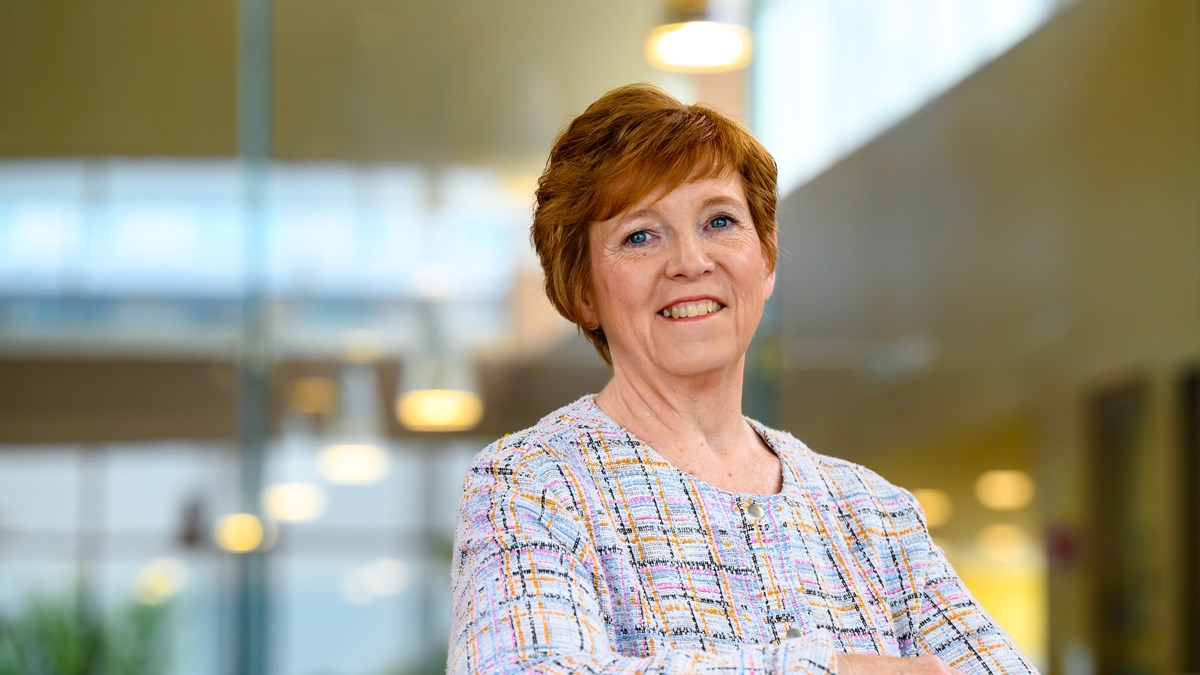Stephenie Kennedy-Rea, Ed.D.

“Our programs generate research questions, and the resulting studies improve those programs. This iterative approach allows us to conduct the most meaningful research possible and implement high achieving programs.”
How do you see becoming a department contributing to Cancer Prevention and Control’s goal of using science to change lives?
Becoming a department is going to further our goal in a couple of ways. First, adding more faculty broadens and deepens our capacity to conduct population-based research. And by its definition, population-based research focuses on science that holds meaning for people—in our case, rural residents. So an influx of this type of research contributes directly to improving lives. Secondly, we’ll have additional resources that will allow us to disseminate the results of our research, and, crucially, develop interventions that can more quickly and comprehensively address issues and barriers to cancer prevention and control measures.
Is there something you’re most looking to preserve about CPC as it moves from a program to a department?
I very much want to sustain CPC’s long tradition of service to the state and its residents. Our service programs generate research questions, and the resulting studies inform and improve those programs. This iterative, cyclical approach allows us to conduct the most meaningful research possible and implement high achieving programs.
Additionally, we demand excellence while developing and nurturing our faculty and staff. With expansion, maintaining organizational culture can be challenging, but I am committed to maintaining our formula for success, and this culture is central to that success.
Where do you hope to see the department in one year? Five years?
In one year, I would like to see the addition of three faculty members and research associates and see our research portfolio expand by at least one large grant. In five years, I would like to see the department fully staffed with eight or nine faculty; growth in both research and programmatic platforms; broader policy and systems work; and the achievement of all the necessary components for NCI designation, including the Cancer Prevention and Control Scientific Program and the Community Outreach and Engagement Core, which are major components of the application.
What changes do you envision as CPC moves from a program to a department?
The biggest change will be expansion of our faculty and staff. A change that may be less readily apparent will be increased involvement with other WVU School of Medicine departments. We have always prioritized our work across the state and built a reputation with statewide partners. This expansion allows us to continue that work while elevating our relationships and influence with internal partners.
The CPC is grounded in the perspective that “If the problem is in the community, the solution is in the community.” Can you talk about what that means to you?
This perspective is the core of my belief system and has proven central to CPC’s historical success. When we elevate community concerns, meet people where they are, build on the strengths of our people, and implement programs grounded in Appalachian values, we ensure that the community voice is front and center. They know best what will work and what adaptations may be needed to best reach people. In addition, we are fully engaged in communities around the state with more than 800 partners. Those partners help guide us so that we are conducting research that is meaningful to the community and aims to improve the lives and cancer outcomes of West Virginians.